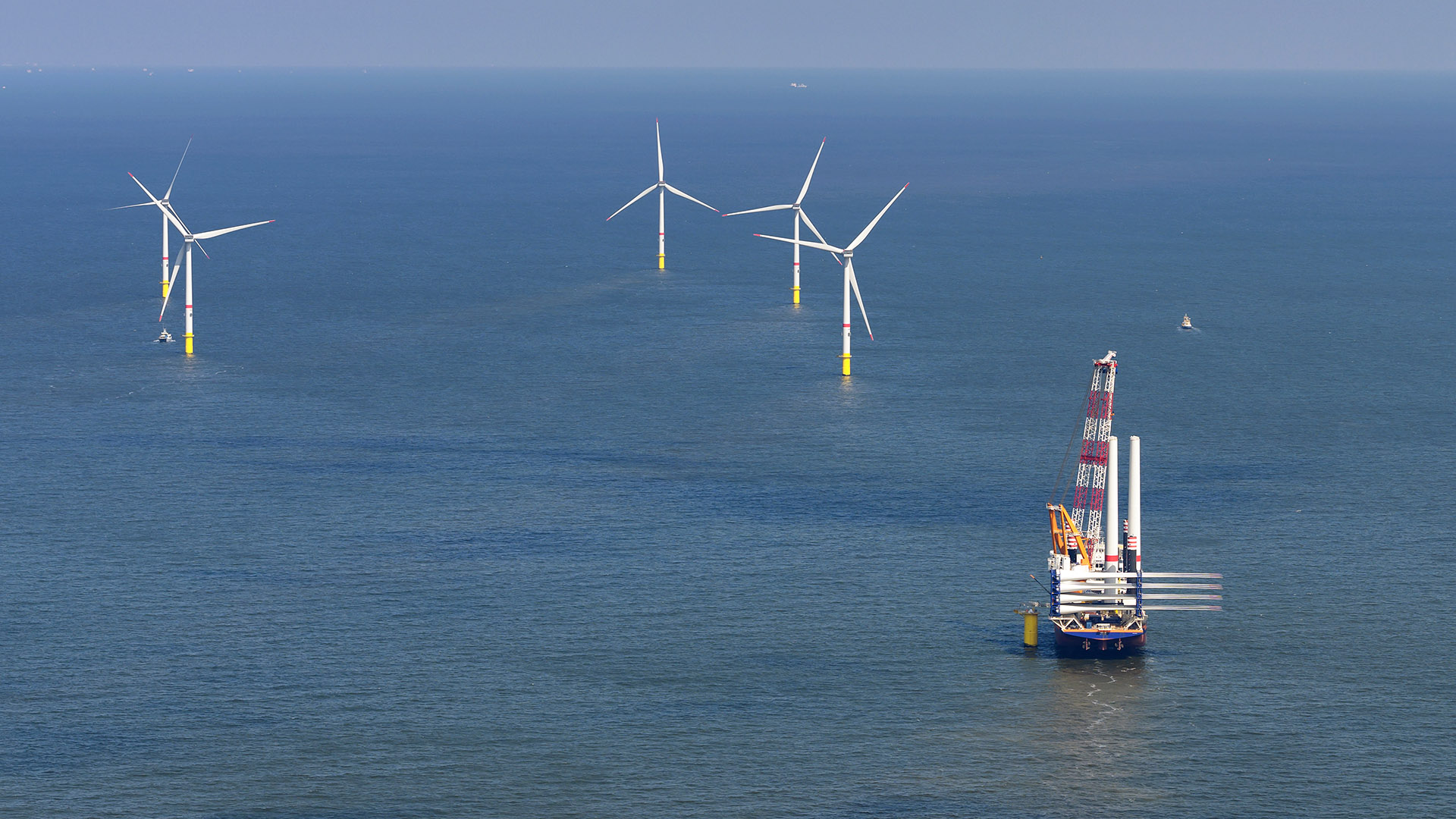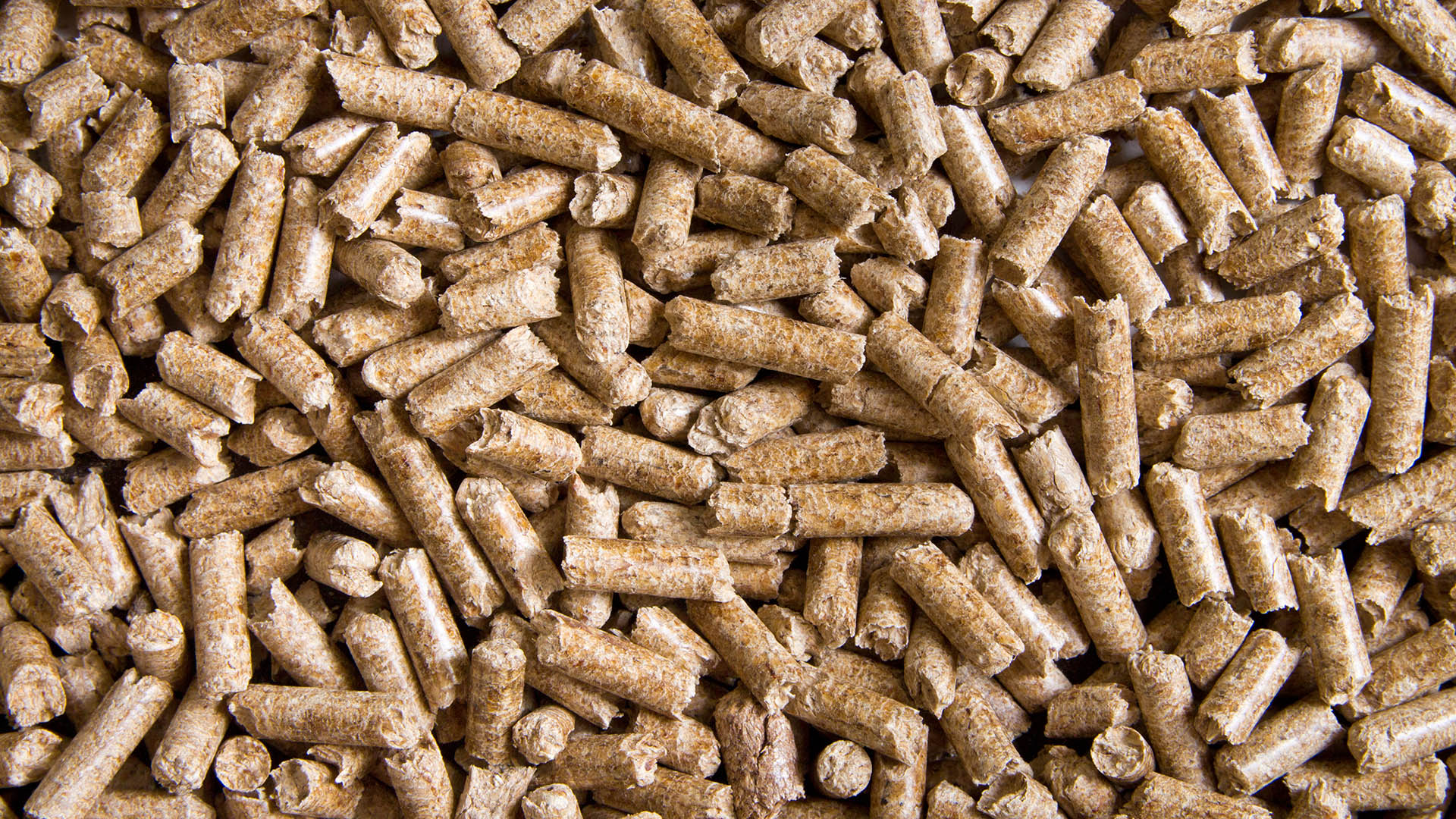Rising energy prices continues to worry consumers around the globe, with low inventory making fuel more expensive, and the winter season just around the corner – when households typically use more energy to heat their homes. Europe is also experiencing high energy costs to the point that this week, the U.K. government stepped in to prevent food shortages as manufacturers halted operations increased energy costs. A good reminder that energy is needed for almost everything we use, produce and transport.
Meanwhile, a group of 12 of the world’s biggest oil and gas majors this week pledged to reach net zero emissions in scope 1 and 2 emissions.
Oil prices rose today for a third straight week of gains, with brent set to close at its highest since October 2018.
Check out the top five favorite stories in energy this week below!
Racing for an inductive charging road
Michigan wants to build the first road in the United States where electric vehicles can charge wirelessly while driving. Electrive charges up discussion about nearby competition from Indiana and explains how this pilot project is a partnership between the Michigan Department of Transportation and the Office of Future Mobility and Electrification.

World’s largest floating wind farm goes online
The construction of the world’s largest floating wind farm in the UK, is now complete. Offshore Engineer explains the new floating wind farm and plans for a new 88MW floating wind project in Norway, which is scheduled to go online in 2022.

Imagine if your devices could run without ever needing to charge
Researchers are developing a new system that allows electronic devices to run without batteries. The Independent report on how this new technology was developed to enable battery-free devices in the future that are capable of running forever with only intermittent energy input.

Windows could be the solar panels of the future
A new transparent solar cell design could change windows into a new tool to provide solar power. World Economic Forum shares how researchers have been exploring using carbon-based materials to create transparent solar panels of the future.

Organic and nuclear wastes work together to make biofuel
Engineers are researching a way to generate renewable biofuel additives, using radiation that could be derived from nuclear waste. Technology Networks breaks down how this technology could, in the future, could be used in modern petroleum fuel blends.


